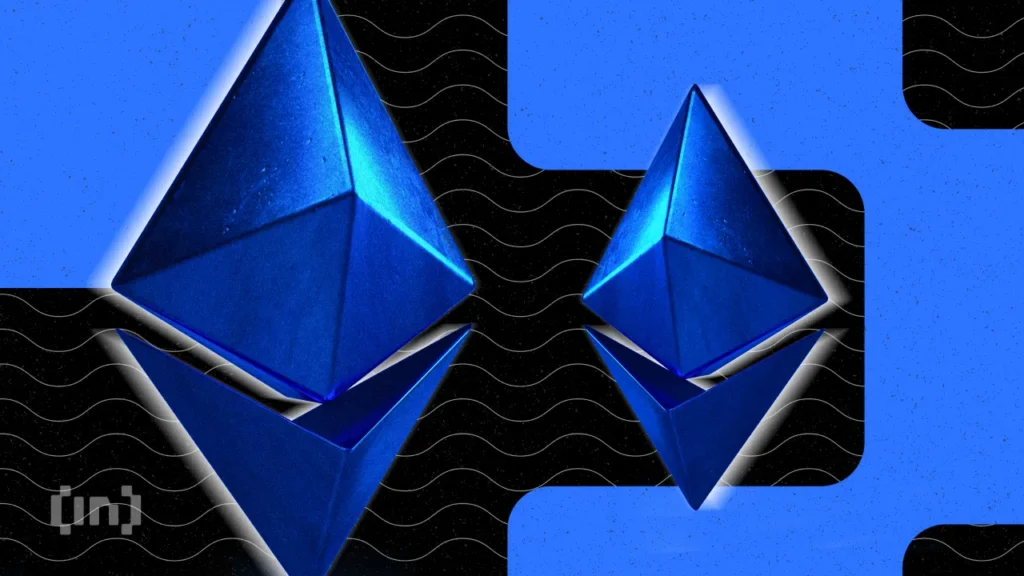The Ethereum network has received a proposal, EIP-7983, to improve its defense against Denial of Service (DoS) attacks and enhance the platform’s overall stability.
The proposed update, driven by Ethereum researcher Toni Wahrstätter and co-founder Vitalik Buterin, seeks to establish a gas usage limit. This measure aims to prevent disruptions caused by resource-heavy transactions.
New Ethereum Proposal Reveals How One Transaction Could Disrupt the Chain
The key aspect of the proposal is the introduction of a cap on gas usage per transaction, with a maximum threshold set at 16.77 million gas units (2^24).
The developers argued that this gas limit is a balanced solution. It allows for advanced transactions, such as deploying contracts and facilitating sophisticated DeFi interactions. At the same time, it ensures predictability and fairness in execution.
“As part of block validation before processing, any block having a transaction with gasLimit > 16.77 million is deemed invalid and rejected,” the EIP stated.
Importantly, this limit would apply to all transactions, irrespective of the block gas limit determined by miners or validators. Transactions attempting to exceed this threshold would be rejected, triggering an error code.
However, EIP-7983 also suggests a mechanism for splitting larger transactions into smaller, more manageable units. This approach significantly reduces the risk of a single transaction overwhelming the network.
According to the developers, the motivation behind the proposal stems from current patterns in which single transactions can consume nearly the entire block gas limit.
Such scenarios pose significant risks, including the potential for DoS attacks and reduced compatibility with zero-knowledge virtual machines (zkVMs). They also contribute to uneven load distribution during execution.
The researchers emphasize that gas-intensive transactions introduce unpredictable performance outcomes and may strain execution threads, resulting in broader network instability.
The researchers believe that Ethereum can achieve better resource distribution by splitting large transactions into smaller units and imposing a cap on individual transaction gas usage. This approach would also lead to a more stable, scalable network.
source : https://beincrypto.com

































